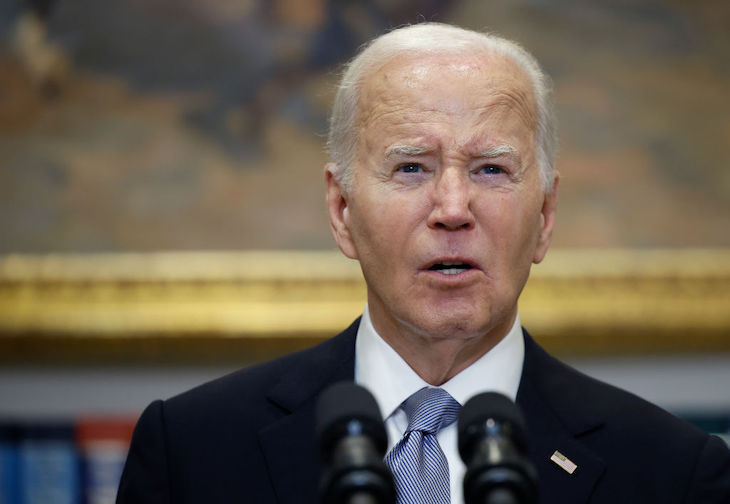One waspish – but not entirely inaccurate – Russian media assessment of the first US presidential debate was that it was ‘a reality show about the lives of pensioners.’ They ought to know, as Russia’s own history has highlighted the dangers of gerontocracy.
When the Bolshevik revolutionaries who had just seized power formed their ruling Politburo in 1917, the only member who was more than 40 years old was their leader, Lenin, at 47. By 1981, the average age was 69. As for the actual leaders, General Secretary Leonid Brezhnev died at the age of 75 in 1982. His successor, Yuri Andropov, was a relative stripling, dying in 1984 at 69, to be followed by Konstantin Chernenko, who died in 1985 at 73.

In part this was because in the Soviet Union – as in Vladimir Putin’s Russia – power is all. An individual’s security, status and prosperity are all products of their position, and to retire was to risk being marginalised and even persecuted, so successive General Secretaries clung to it until it fell from their dead fingers.

Get Britain's best politics newsletters
Register to get The Spectator's insight and opinion straight to your inbox. You can then read two free articles each week.
Already a subscriber? Log in







Comments
Join the debate for just £1 a month
Be part of the conversation with other Spectator readers by getting your first three months for £3.
UNLOCK ACCESS Just £1 a monthAlready a subscriber? Log in